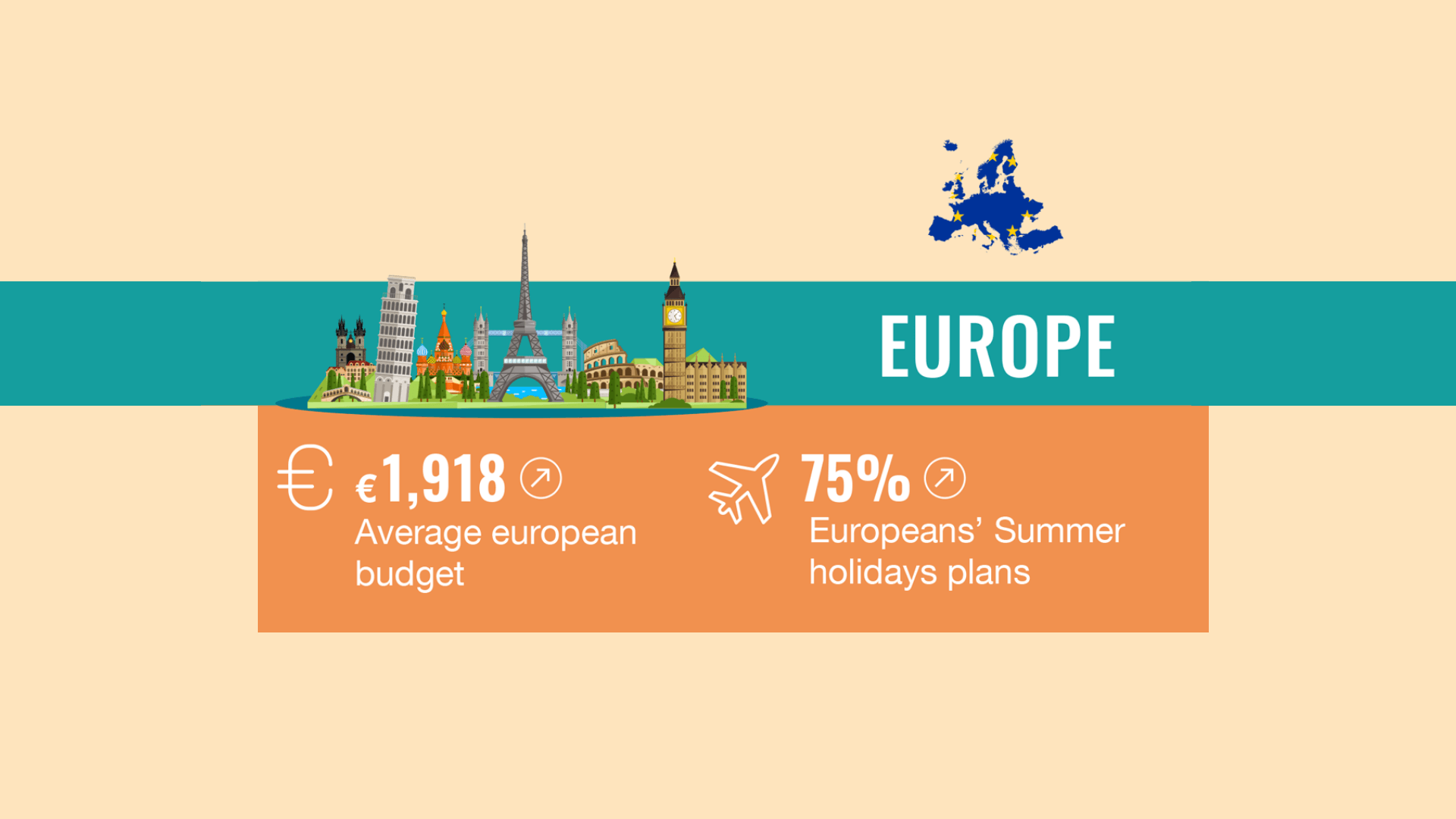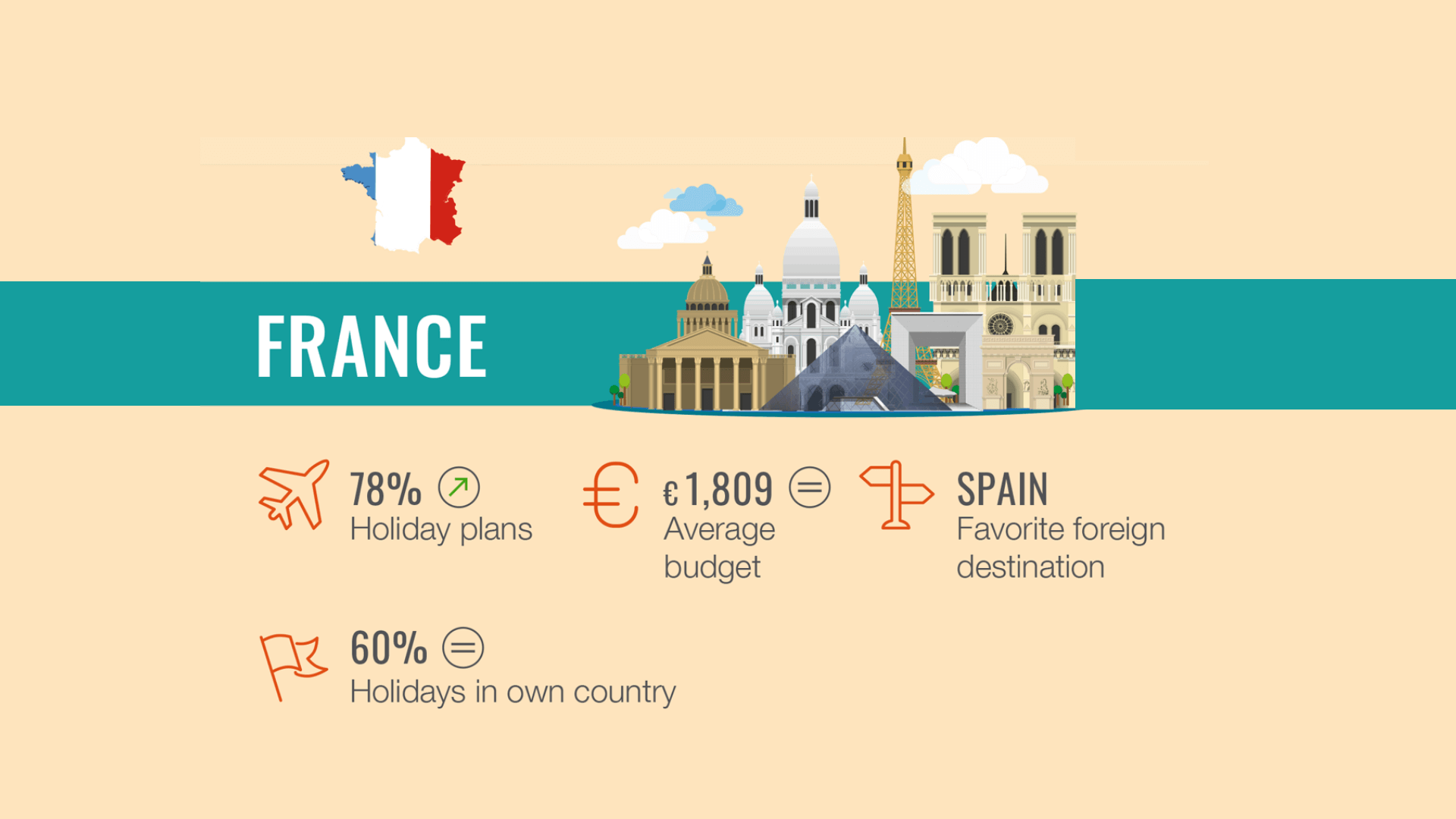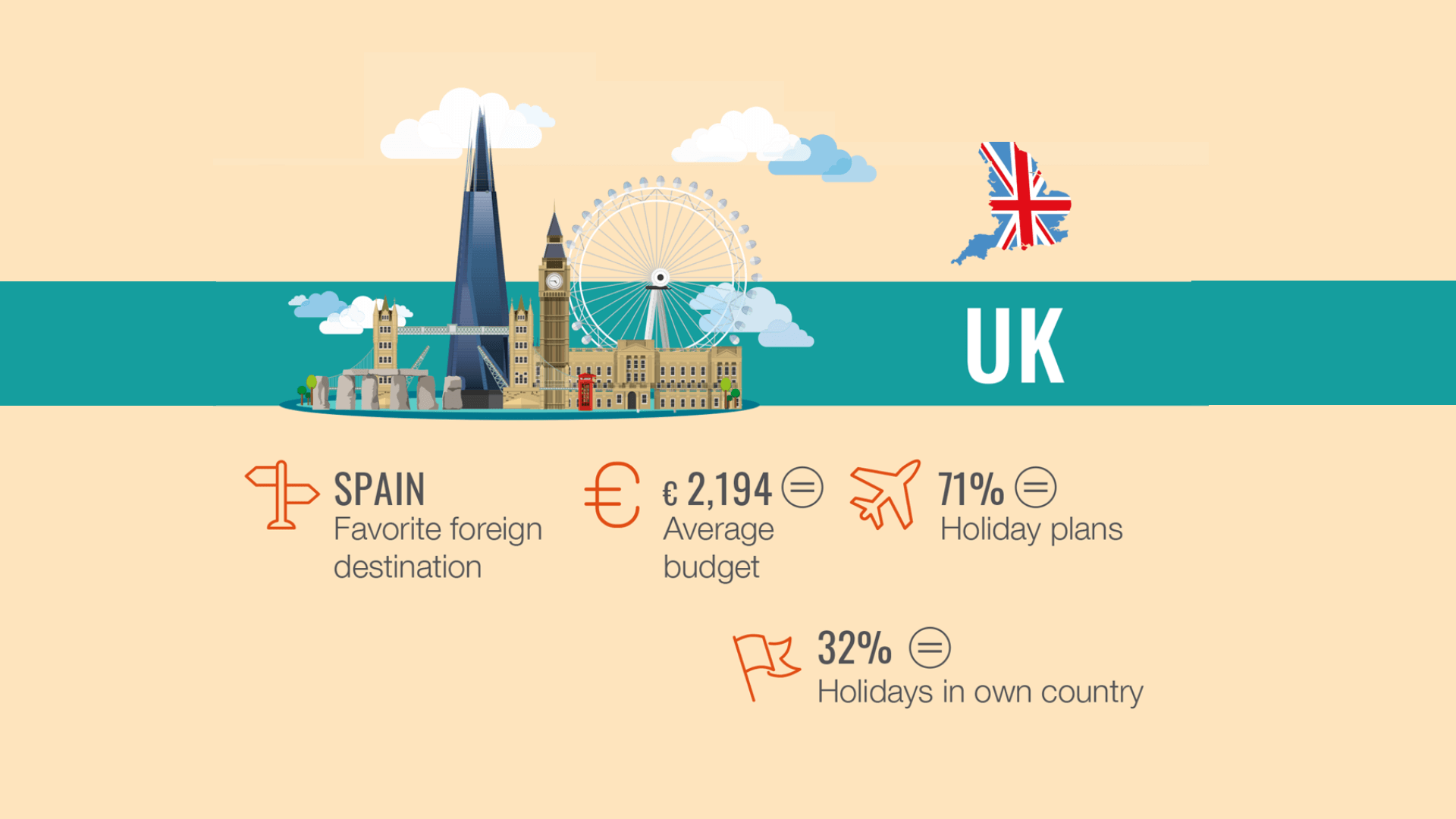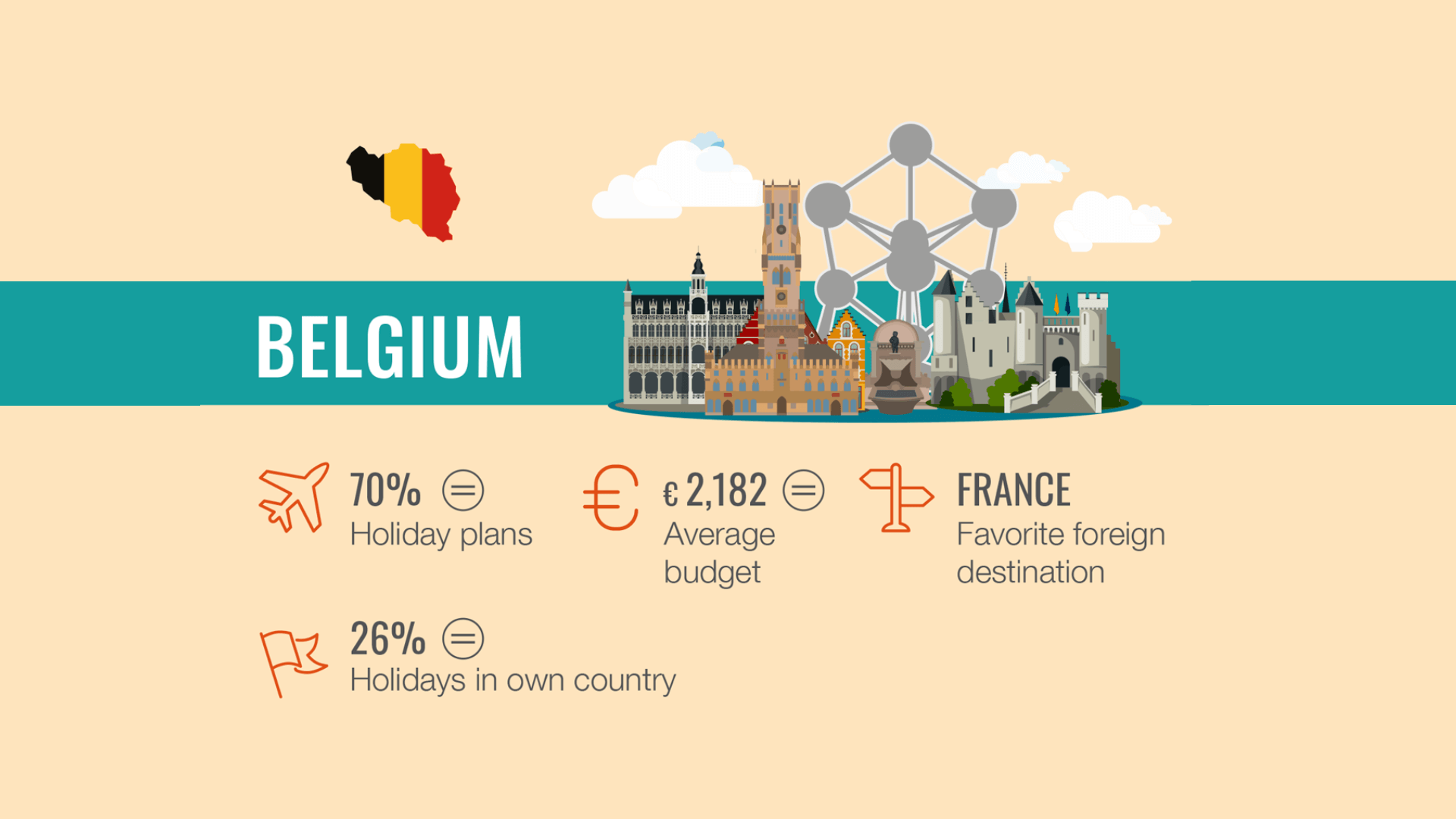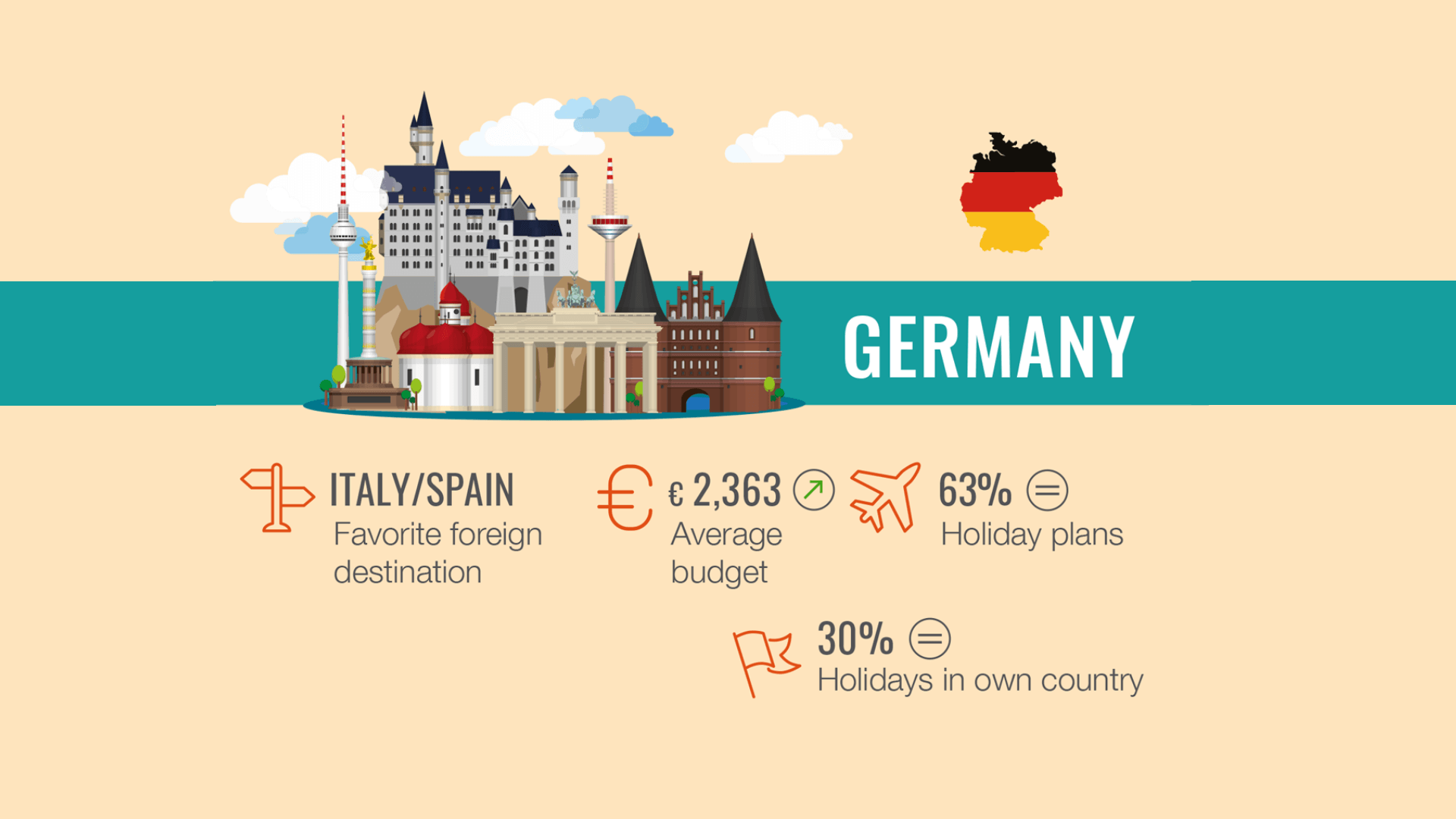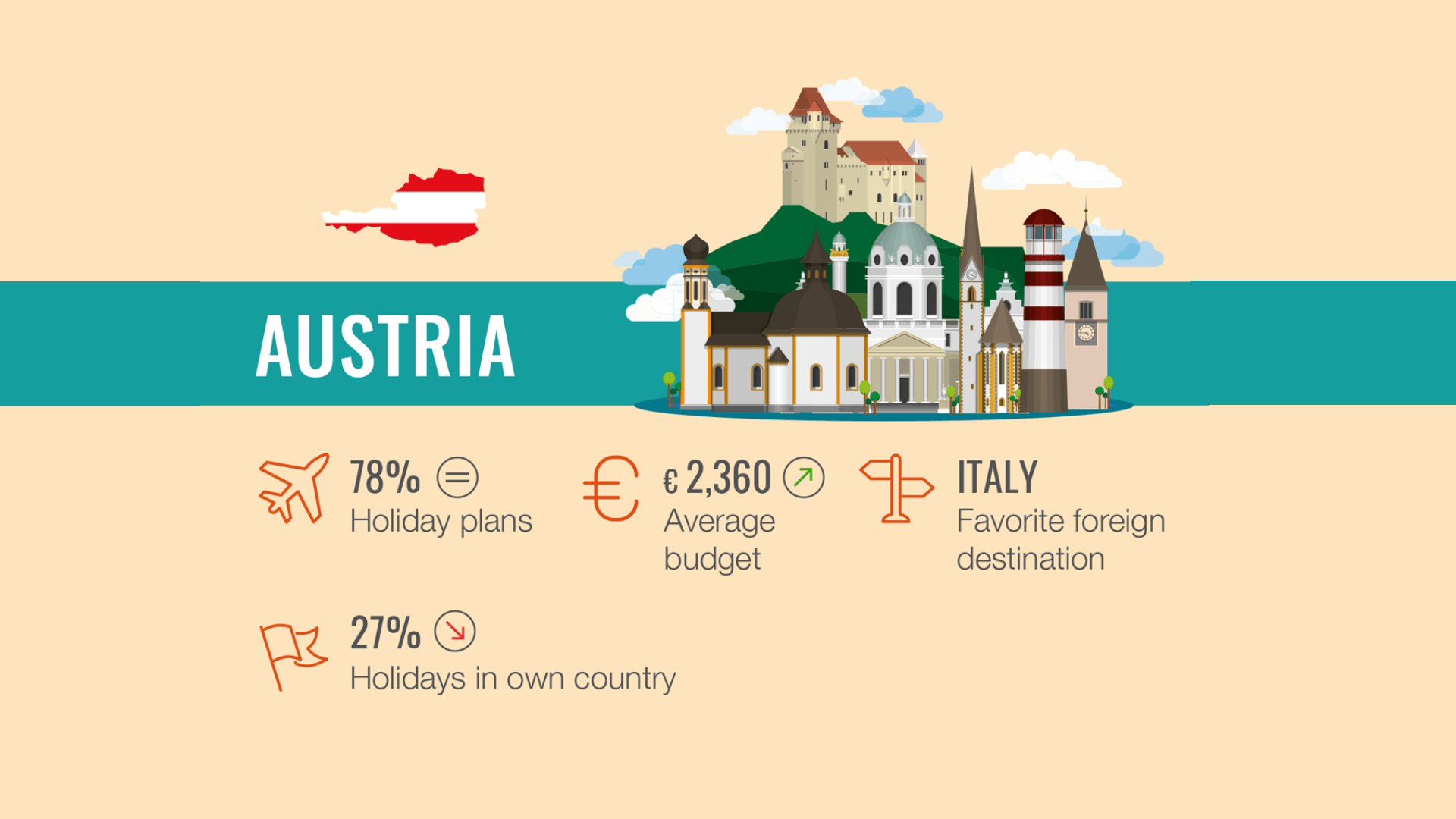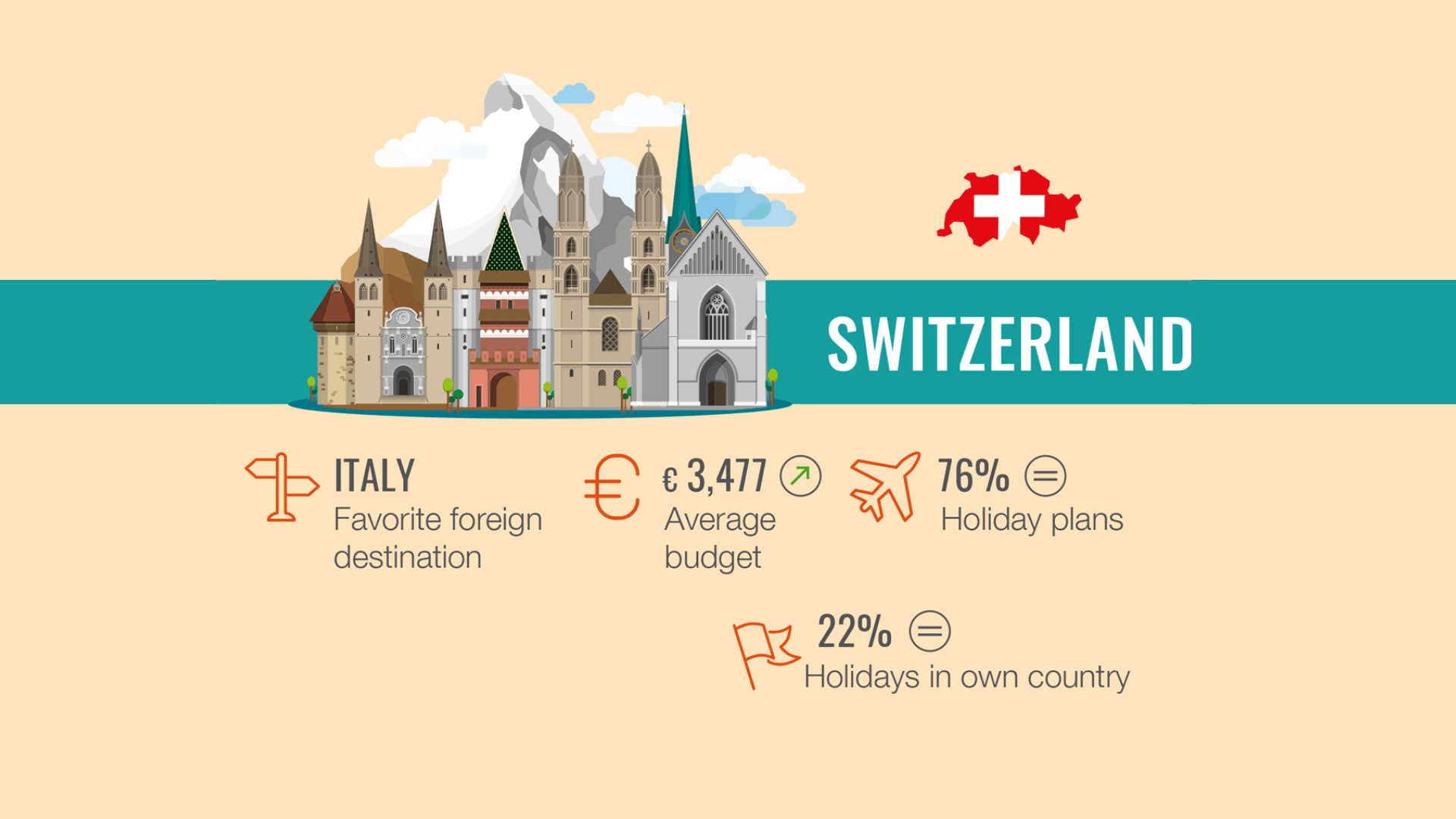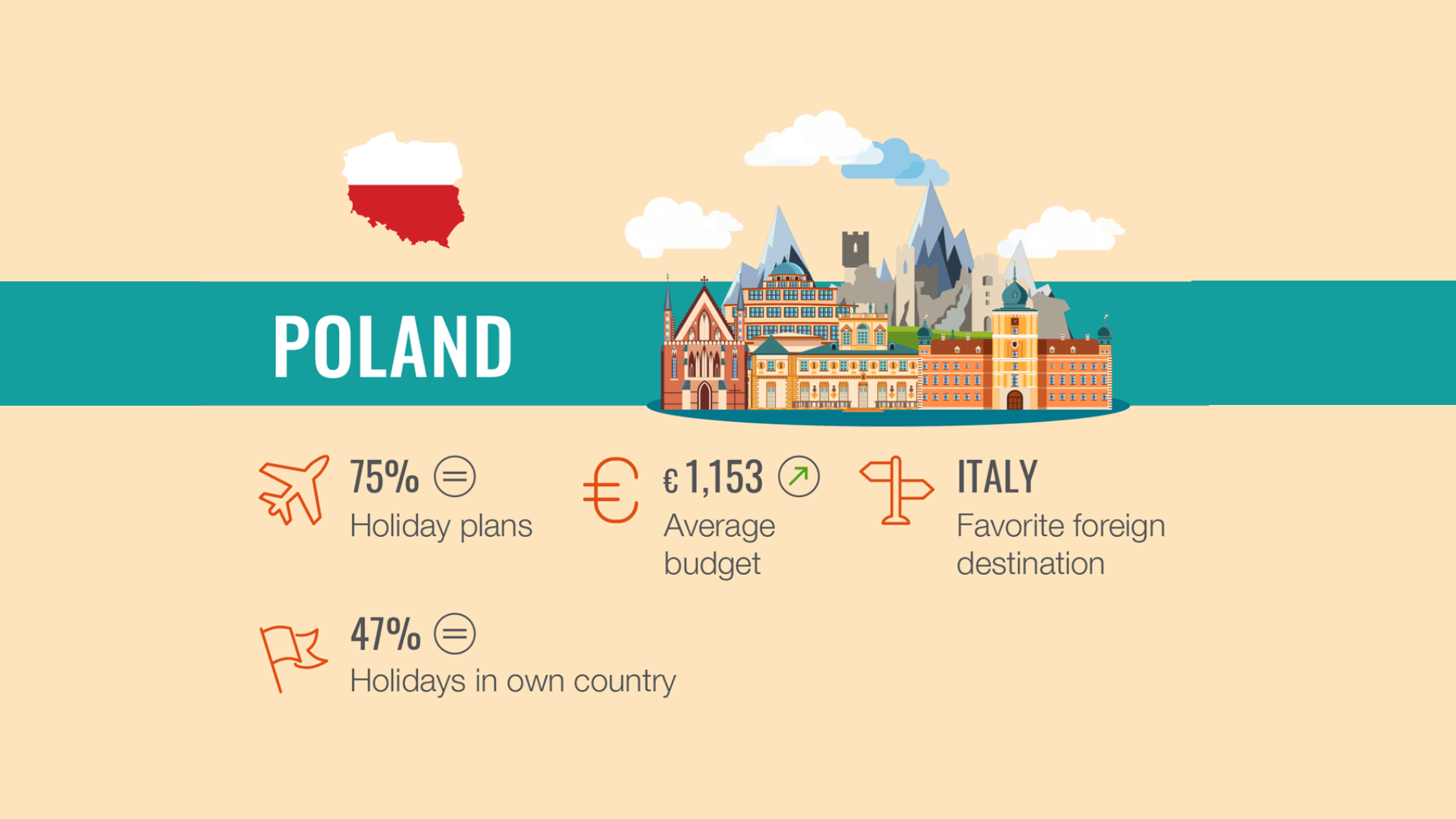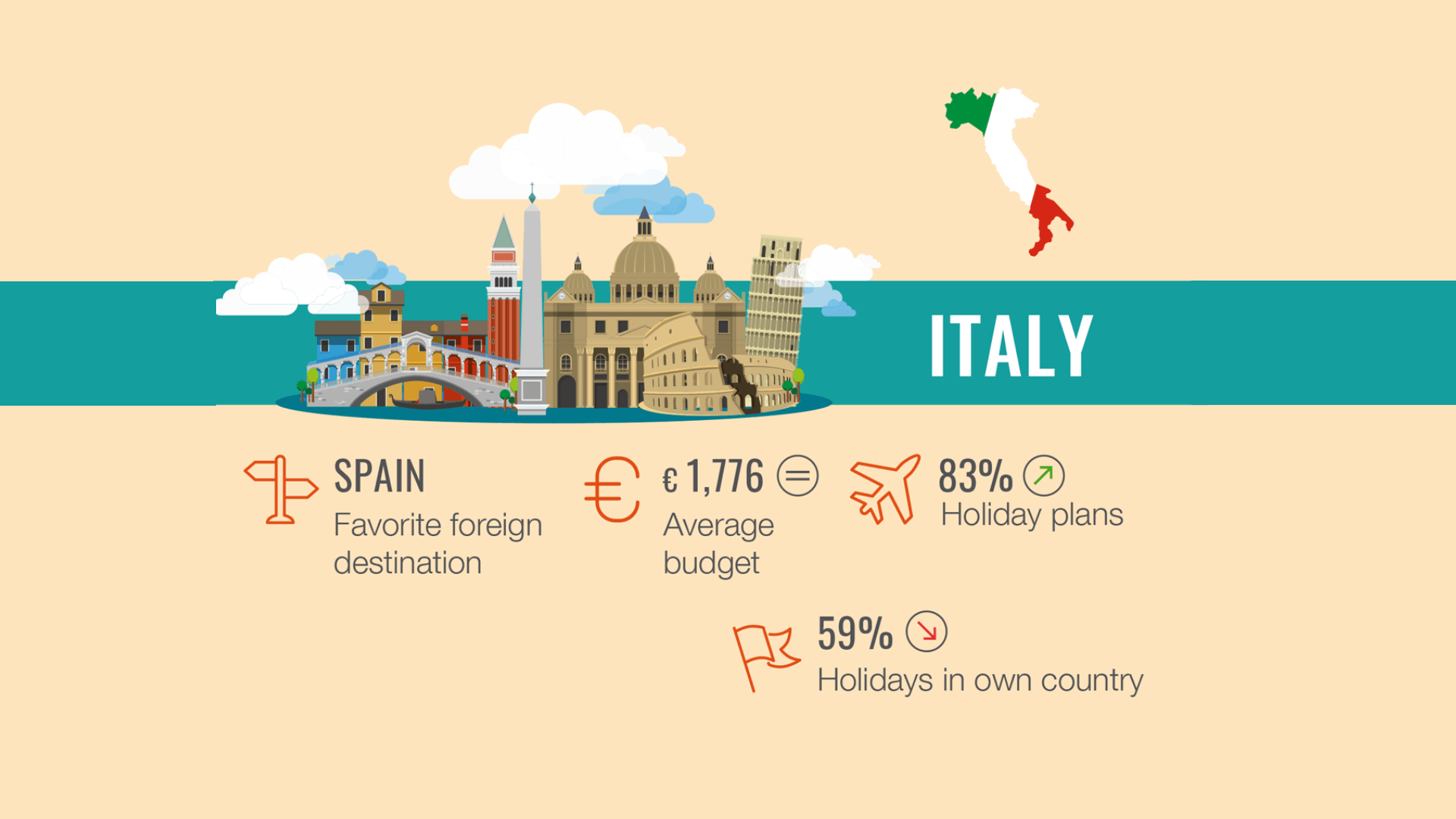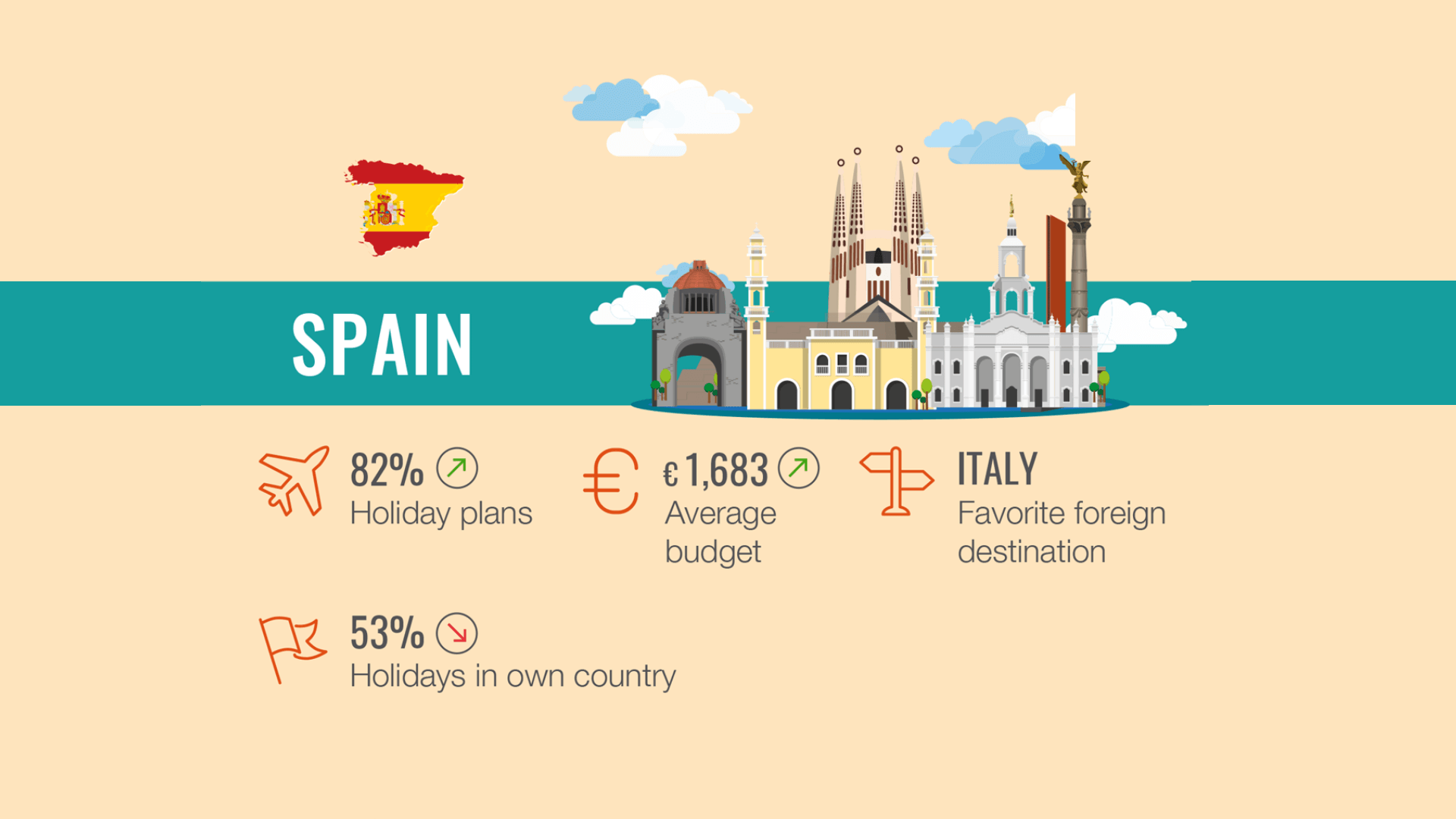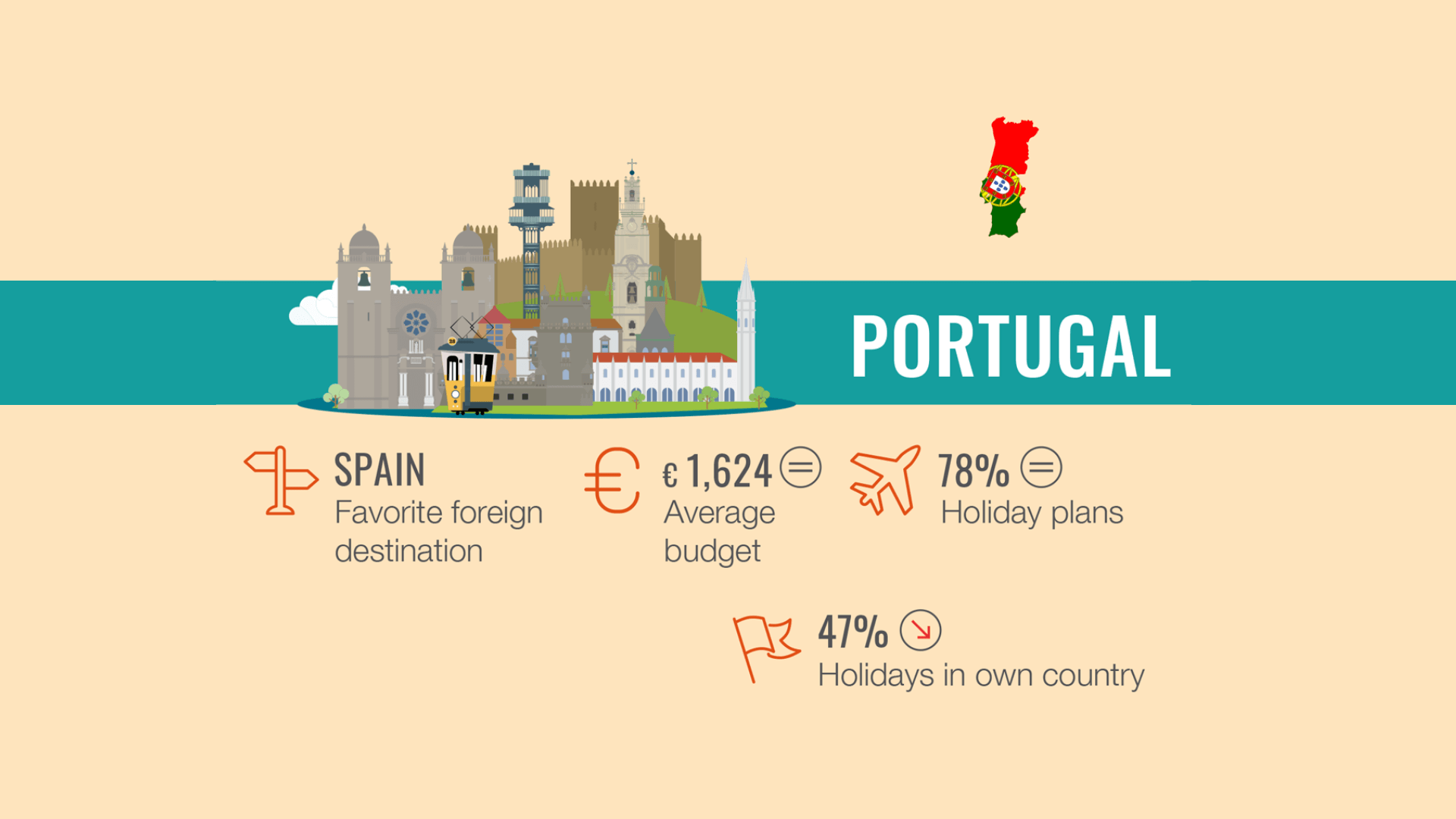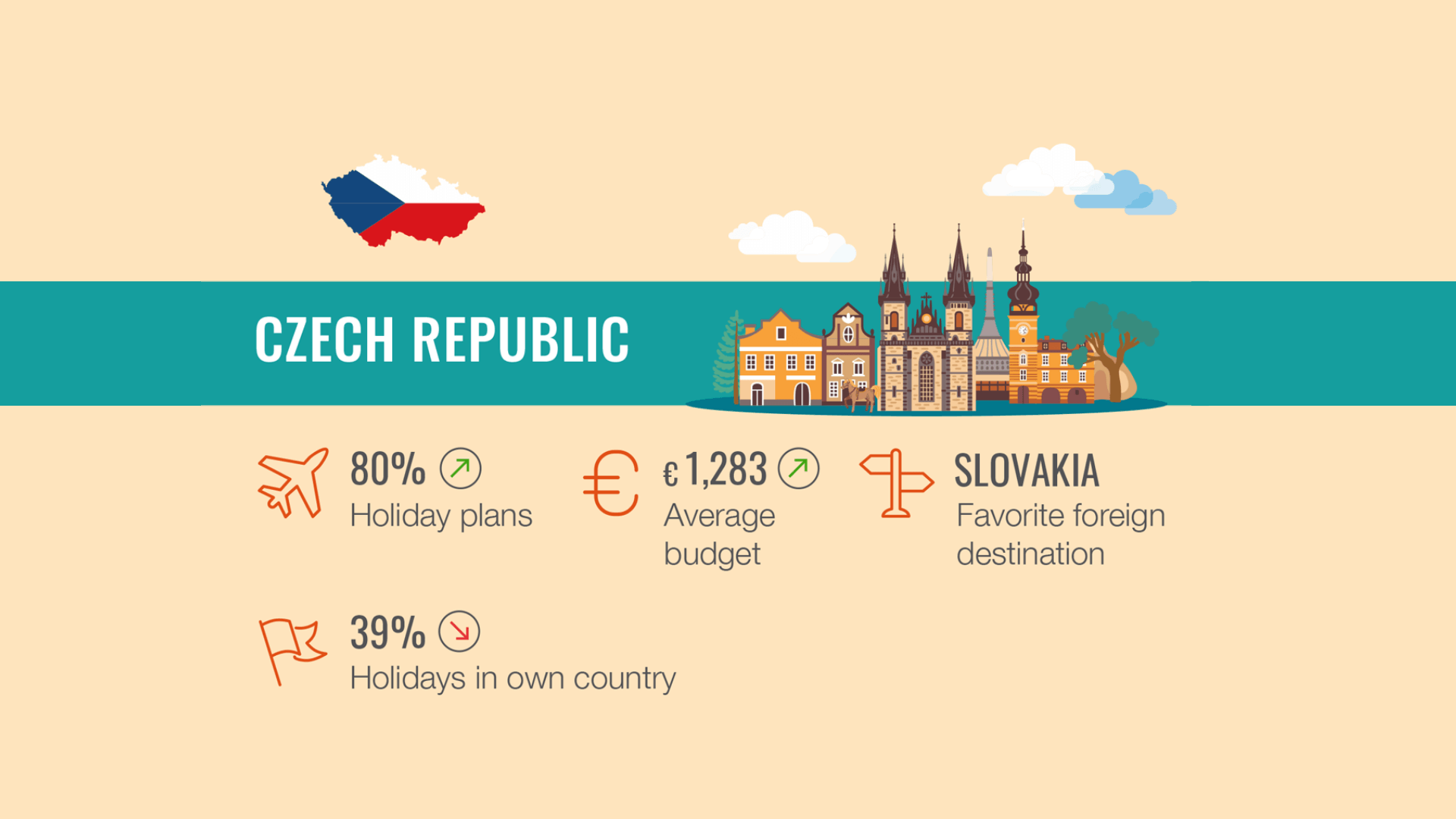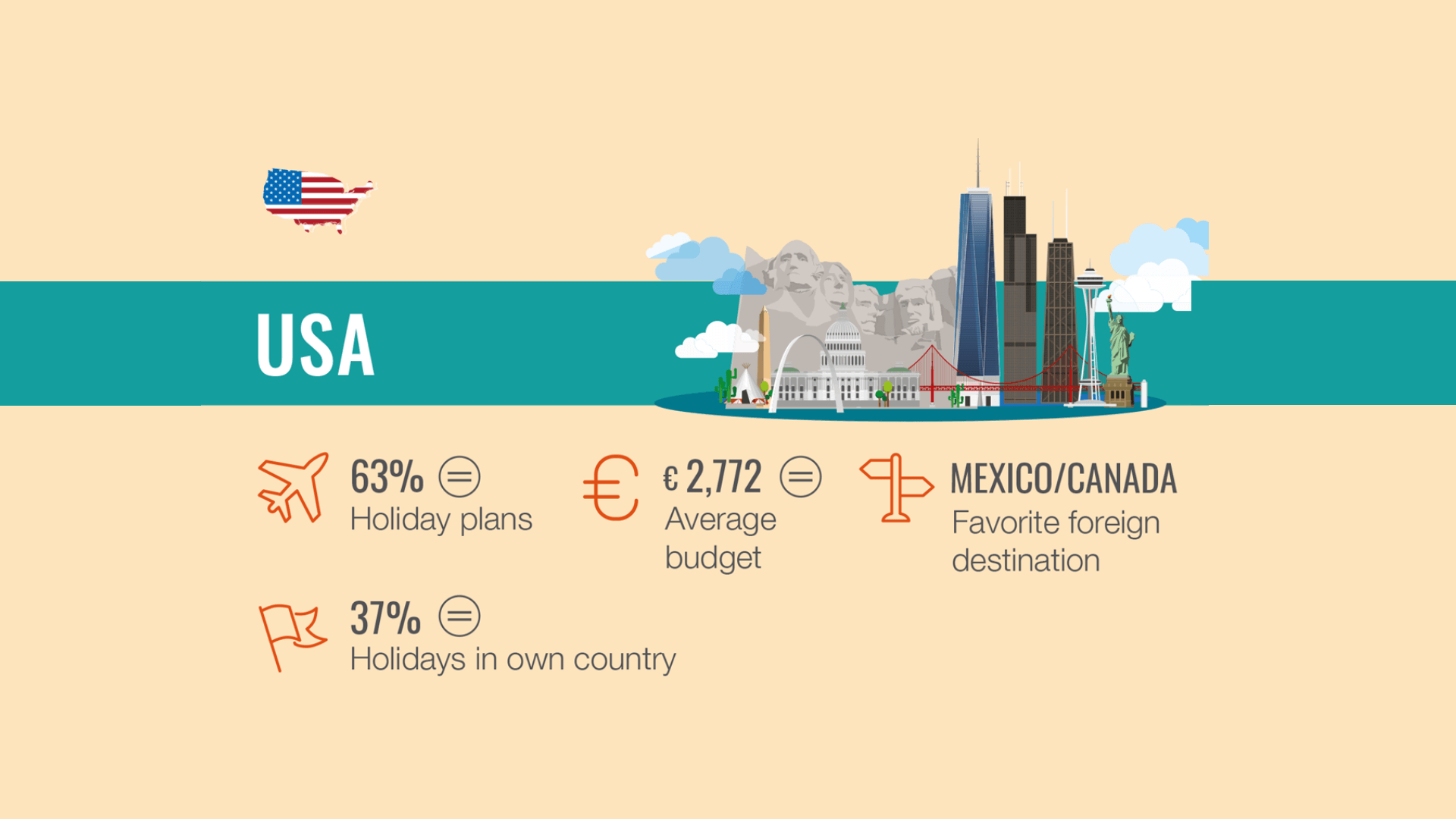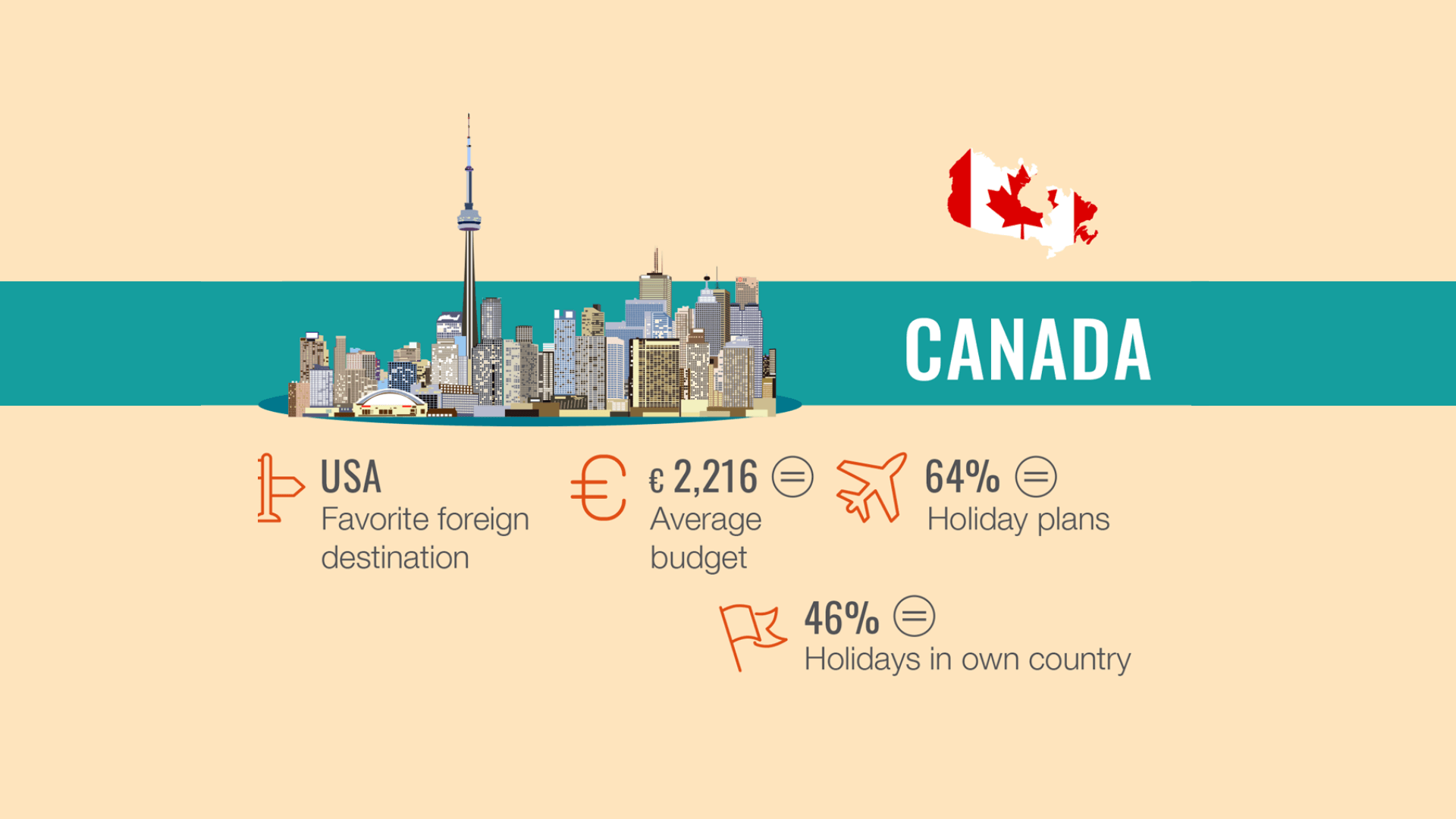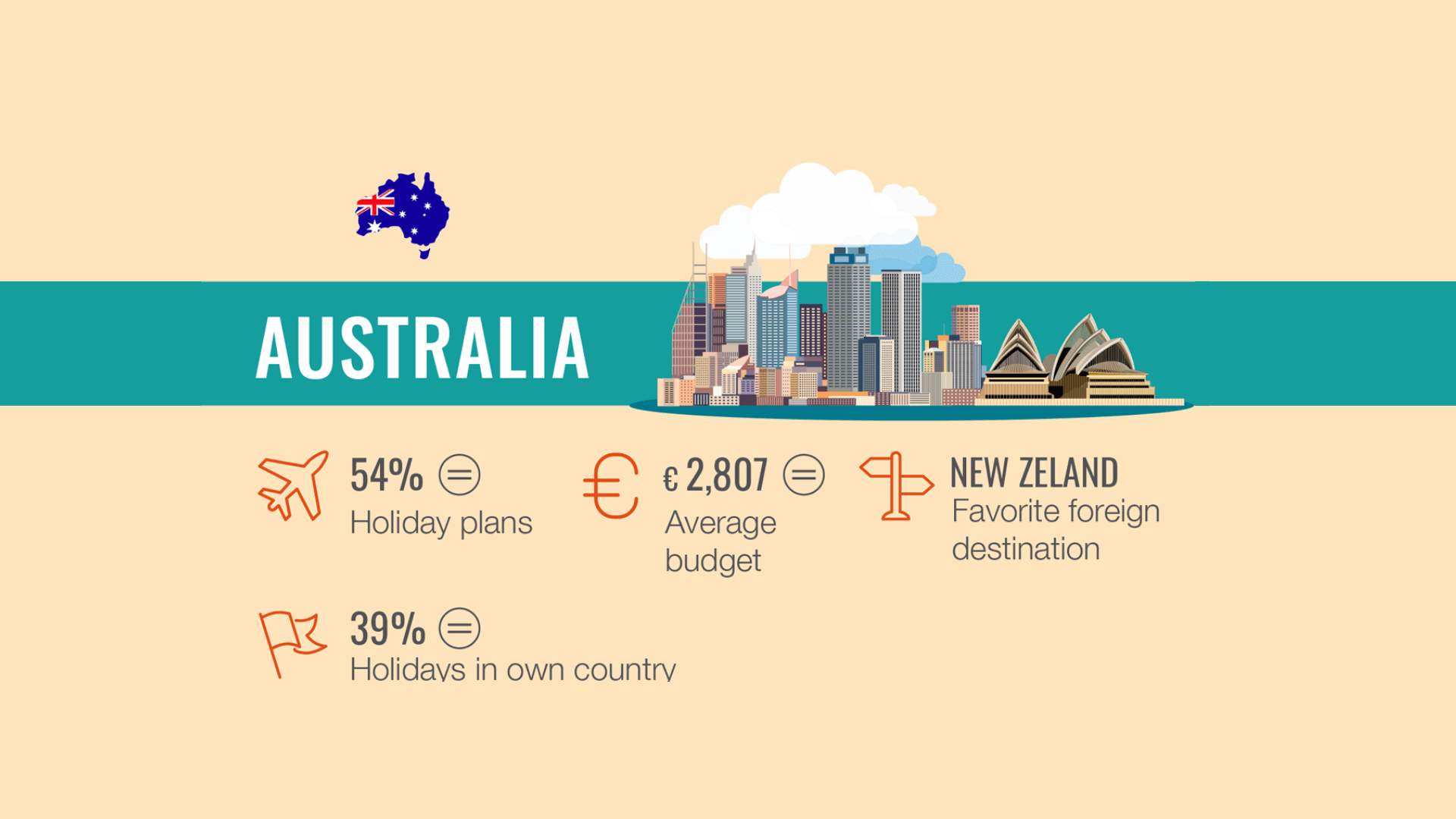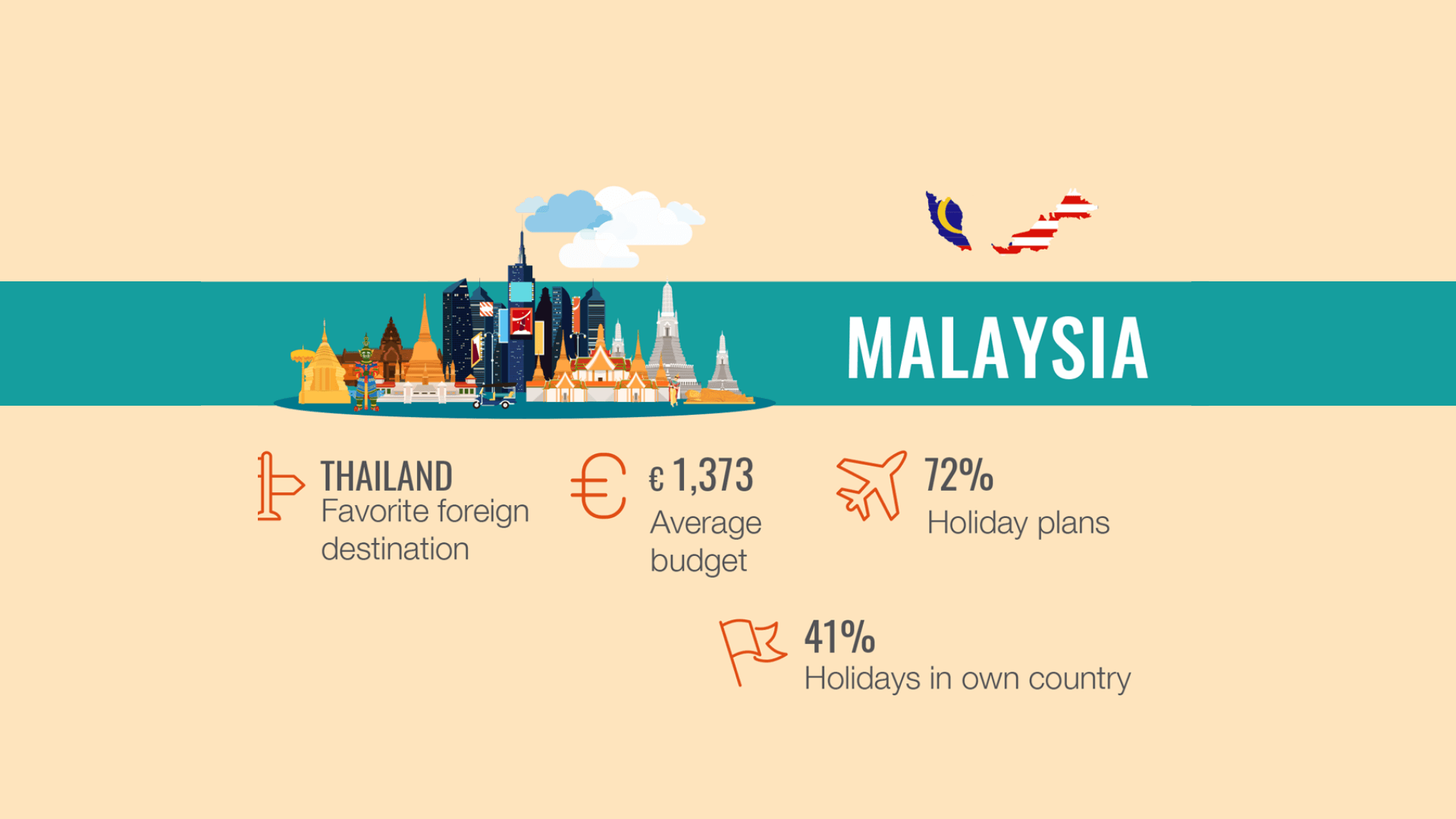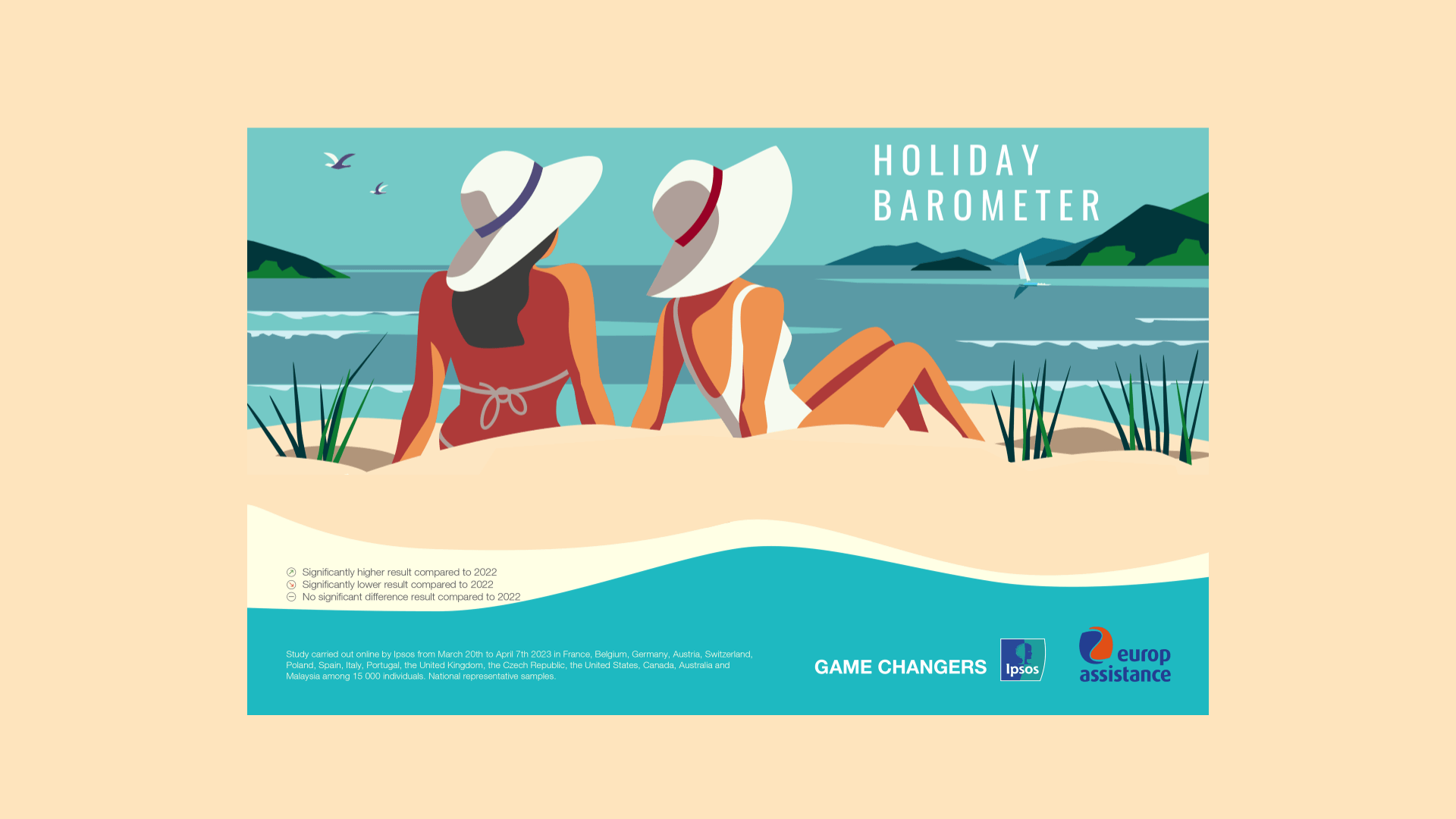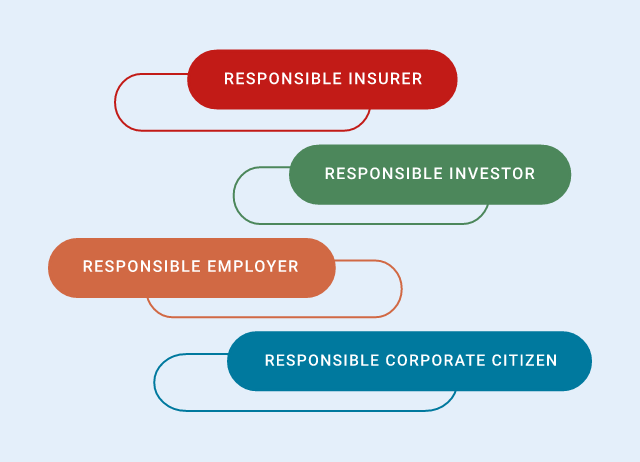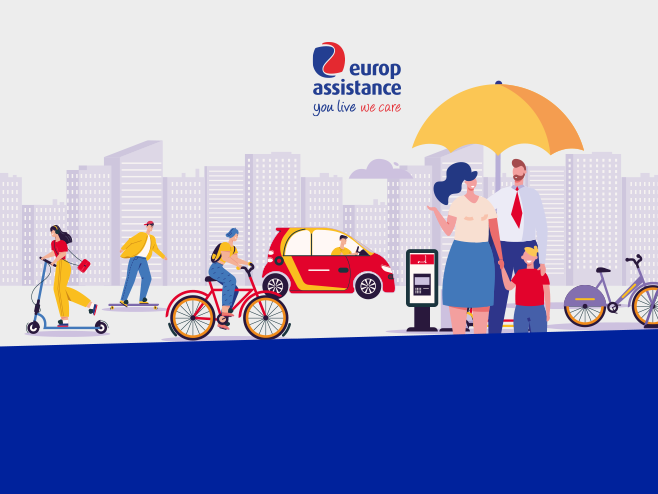30 May 2023
Europ Assistance: holidaymakers are back and eager to travel
Despite the inflation context, no concessions are made on holidays. From sustainable travel to the growing popularity of ‘workation’, Europ Assistance’s Holiday Barometer unveils this year’s consumer holiday plans and travel preferences
Europ Assistance’s 22nd edition of the “Holiday Barometer”, carried out together with IPSOS across 15 countries to track global travel trends, has identified that despite the inflation context, people do not intend to give up on their holidays. Rather, they are learning to live in the “new normal” inflation scenario, while increasingly working while on vacation – the so-called workation – but not turning their sustainable travel intentions into habits just yet.
Despite inflation, summer holidays remain sacred
Despite an economic context dominated by inflation, the enthusiasm to travel this summer is very strong, whatever the country. 78% of the Europeans are excited (31%) or happy to travel (47%), and the proportion is similar in USA, Canada, Australia, and Malaysia (between 74% and 80%).
Three out of four Europeans intend to travel during the summer (+4 pts vs 2022), reaching the highest proportion since 2011, much higher than pre-Covid levels. This proportion is reaching 8 out of 10 in Czech Republic, Italy, and Spain. After the spectacular rebound seen last year, 2023 figures thus confirm this positive trend.
Inflation, the new “normal”
Inflation is the first concern for travellers in all countries, far above other reasons. Indeed, economic reasons are the first barrier among reasons not to travel, mentioned by 47% of Europeans who will not be going on a trip this summer (+6 pts vs 2022), 51% of Americans (+6 pts) and 50% of Canadians (+9 pts).
In that context, adjustments are being made: one third of travelers (whether from Europe, North America, or Australia) are willing to take cheaper means of accommodation or look for last minute deals. On the other hand, reducing their trip duration is the last adaptation they consider.
Covid-19 is now far away in travelers’ minds
Concerns related to Covid-19 and impact on travel habits are fading away with time: less travellers will avoid crowded places and are less numerous to fear an epidemic outbreak or being quarantined abroad.
Also, confidence is clearly back: 63% of Europeans travellers plan do book their trips at least 2 months in advance. Indeed, the long-term effects of the Covid-19 crisis on holiday habits are far from obvious: only 1 out of 6 say that they will plan more nature trips.
Travels abroad continue to regain popularity
Appeal of travel abroad regains popularity in Europe and Australia: 52% of Europeans and 50% of Australians intend to travel abroad this summer. This is less the case in North America – and France, the only country where domestic travel intentions continue to grow.
Where to?
Seaside remains the most popular choice by far for Europeans. However, city trips continue to gain in attractivity (+4 pts in Europe): this proportion has also doubled in 10 years (30% in 2023 vs 13% in 2013). City trips are even the top destination, before seaside, in Canada and the USA.
Rest and the social aspect of travelling (come together as a family or with friend) remain the two summer holiday activities seen as the most ideal by international travellers. Discovery (new culture, change of scenery) completes the podium, this item increasing among Europeans, US, and Australian travellers.
Workation: blurring the limits between work and holidays becomes more common
Also called a ‘workoliday’ or ‘woliday’, a workation is just what it sounds like: working while on vacation (work + vacation = workation). It is where you continue to do your work but from a destination you would normally use for a holiday.
Workation is gaining ground in Europe: almost 3 out of 10 actives intend to work from their holiday location this summer, a 4-point increase compared to 2022 (28% vs. 24%). It remains significantly below Americans, as 36% of US actives are planning a workation next summer. If 43% of intenders plan to do workation in their own country only, 52% consider doing it abroad (only or also).
Sustainable travel: despite awareness, difficulty to change travel habits
Sustainable travel habits are strong in intentions, but do not translate into massive behaviour changes:
- 2/3 of European holidaymakers declare they would be ready to switch transportation mode for a lower carbon impact…
- ...but they are almost twice as many intending to fly than in 2021 (37% this year, vs 33% in 2022 and 22% in 2021).
- Environmental impact ranks very low in the choice criteria for transportation (only 9%, where convenience represents 64%!)
- Similarly, 2/3 as well say they would be ready to travel to a closer destination for the same purpose, while more than half plan to go abroad this year.
There is a clear say/do gap in terms of sustainability and habits, showing that while travellers are clearly aware of the importance of environmental issues, they do not seem ready to radically change their travel habits yet.

